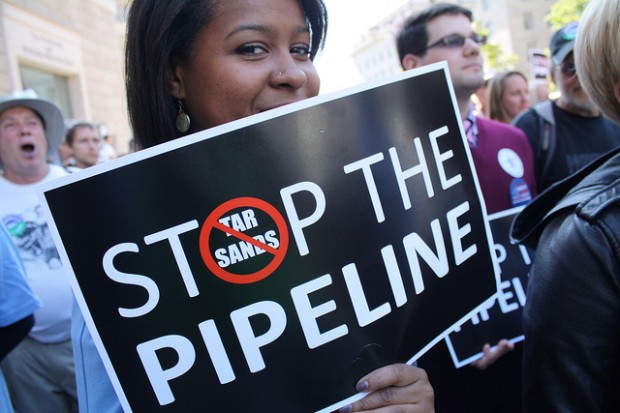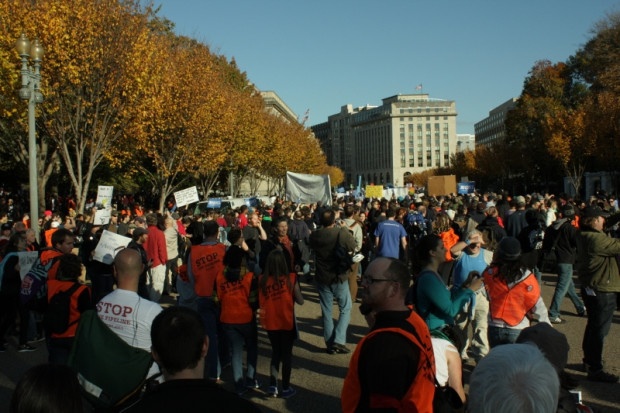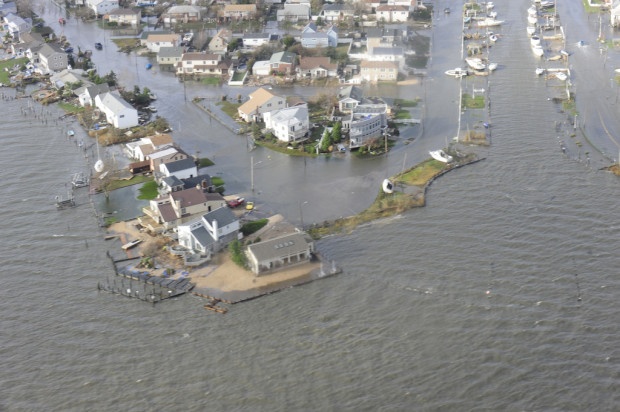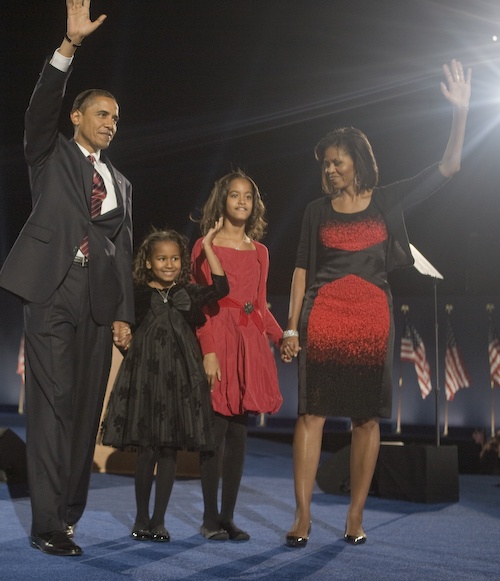We have much more to do and your continued support is needed now more than ever.
5 Reasons Why the President Will Reject Keystone XL

Only, last I checked, that hasn’t happened yet. We will hear the White House’s decision in a few short months, and here are five reasons why the country should expect a much different outcome:
1. The industry and its supporters have been wrong before
Pundits have long assumed that this pipeline was a done deal, but conventional wisdom isn’t the same as insight. Around this time last year, National Journal magazine polled “energy insiders” to see whether they thought KXL would get rubber stamped. More than 70% of these experts (I use the term loosely) said it would be approved before 2012, characterized by this sentiment:
“They’ve delayed it for a year to appease Big Green, but they will issue the permit in 2011.”
A month later, right before the massive, 12,000 person anti-KXL rally at the White House, the drumbeat was the same:
For the Obama administration, having an answer to high [gas] prices will be much more important in 2012 than it is today,” Kevin Book. managing director at the research firm ClearView Energy Partners, told CNN Money. “We think it will get approved.”
We’re pretty close to throwing out those 2012 calendars and the pipeline still hasn’t been approved. Just sayin’.
2. Keystone XL has become a political liability

Asked to pick the highest priority to help solve America’s energy challenges, twice as many voters select renewable energy like wind and solar power (38 percent) than any other choice. Independents favor wind and solar over fossil fuels by a 4-to-1 margin – 48 percent pick renewable energy while just 12 percent select the Keystone XL tar sands pipeline and only 11 percent prioritize more oil and gas drilling on America’s public lands.
A lot of this is due to Hurricane Sandy, which was a real wake-up call to a nation that had put climate change on the back burner for a couple of years. In an article for Forbes after the release of the poll, John Zogby noted the widespread and growing concern about extreme weather:
These results show the dramatic impact 2012′s extreme weather has had across party lines, with half of Republicans, 73 percent of independents and 82 percent of Democrats saying they’re worried about the growing cost and risks of extreme weather disasters fueled by climate change.
Corporate polluters have been shouting for a while that “Americans want this project!” and so the NWF/Zogby poll may sound like a big shift in public opinion,but it’s important to recognize what these studies measure and what they don’t. The NWF/Zogby poll took into account the basic fact that we can’t have a healthy planet and more tar sands; we need to choose one or the other. Previous polls only asked “should Obama approve KXL?” and didn’t put it in the context of a choice, or weigh how strongly people felt about the issue.
Although plenty of members of Congress still plug up their ears when you talk about about global warming, the Hurricane Sandy and this summer’s drought have helped create a a new political landscape—one where extremely polluting projects like KXL are unpopular and politically risky.
3. Big Oil bet big and lost
During the election, the fossil fuel industry and its allies spent hundreds of millions of dollars trying to defeat pro-environment incumbents and replace them with politicians who would maintain the pro-polluter status quo. It shouldn’t come as a surprise that firing Obama was their top priority, given the progress his administration made on things like stronger mileage standards for cars and trucks. They might as well have lit that money on fire, for all the good it did them: Mitt Romney (“I’ll approve Keystone on Day One”) lost and, as my colleague Joe Mendelson describes, Big Oil’s hand-picked Senate candidates lost nearly every race despite shattering fundraising marks.
Obama and moderates in Congress owe the oil industry no favors.
4. We don’t need Keystone XL—and we can’t afford it.
If you read my last article, you learned that the United States is already a net exporter of refined oil products like gasoline, and pipelines like KXL are intended to send oil overseas, too. Tar sands companies aren’t interested in lowering your gas bill (quite the opposite, actually) but they are interested in getting more oil out of the ground and keeping their profits rolling in. Meanwhile, the rest of us pay a steep price.

Consider this: the giant international insurance company Munich Re says that climate change is “one of the greatest risks facing mankind” and estimates that extreme weather events like Hurricanes Sandy and Katrina cost North Americans over a trillion dollars since 1980. We know that climate change worsens these events, and we know that burning tar sands (or any fossil fuel) worsens climate change, so essentially when we use tar sands oil we’re raising our own taxes and insurance premiums, even if it’s not reflected in your gas bill.
Why should we pick up the tab for oil companies?
5. The next generation needs him (and us) to protect their future

The President, like most fathers, cares more about the two people in the middle of this photo than he does about anything else—and that’s the most important reason he’ll reject the Keystone XL pipeline. He knows that, at its core, this is a choice about what kind of world we want to leave to our children and grandchildren, and one that has a right answer and a wrong one.
![]() Make your voice count! Tell the White House to say “NO!” to Keystone XL and other tar sands pipelines.
Make your voice count! Tell the White House to say “NO!” to Keystone XL and other tar sands pipelines.




















